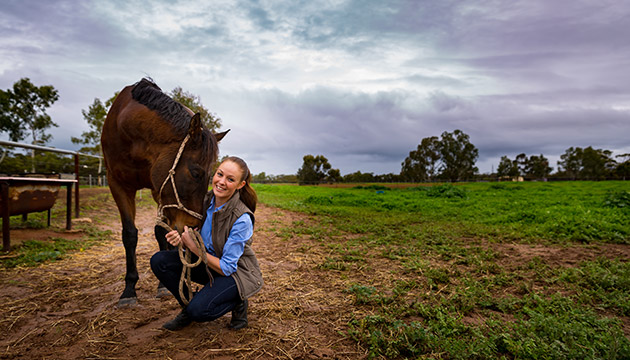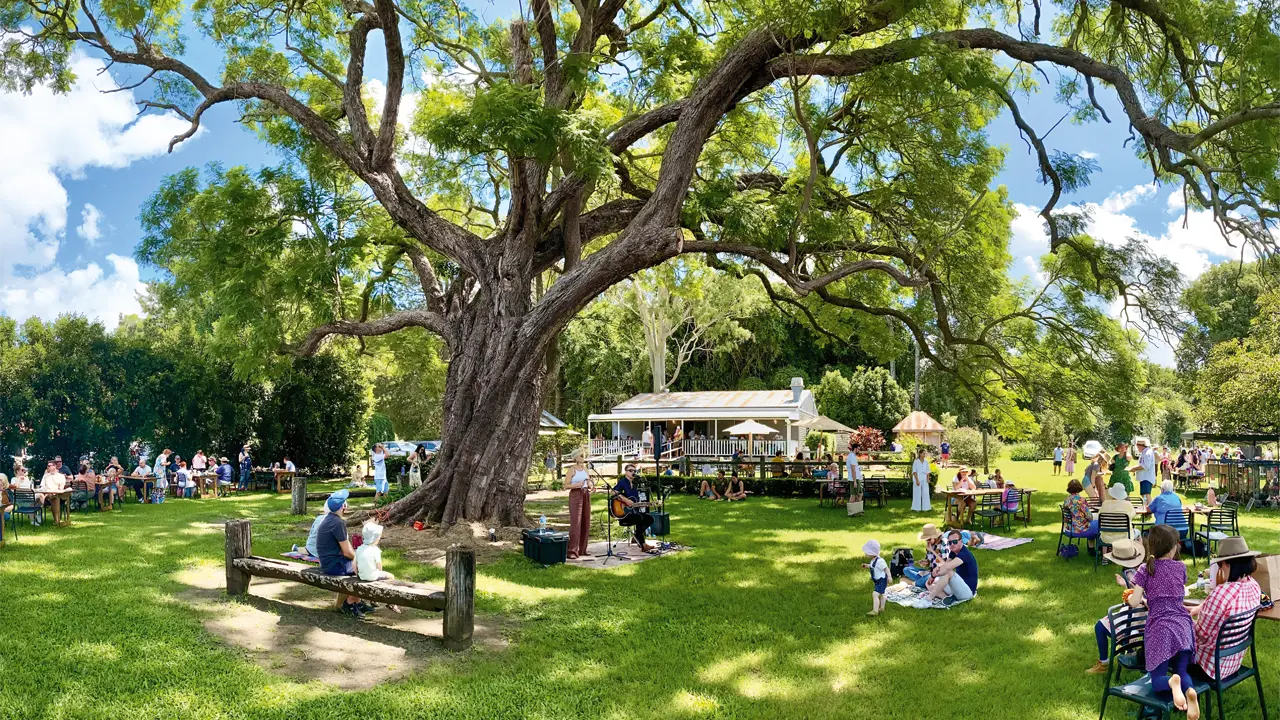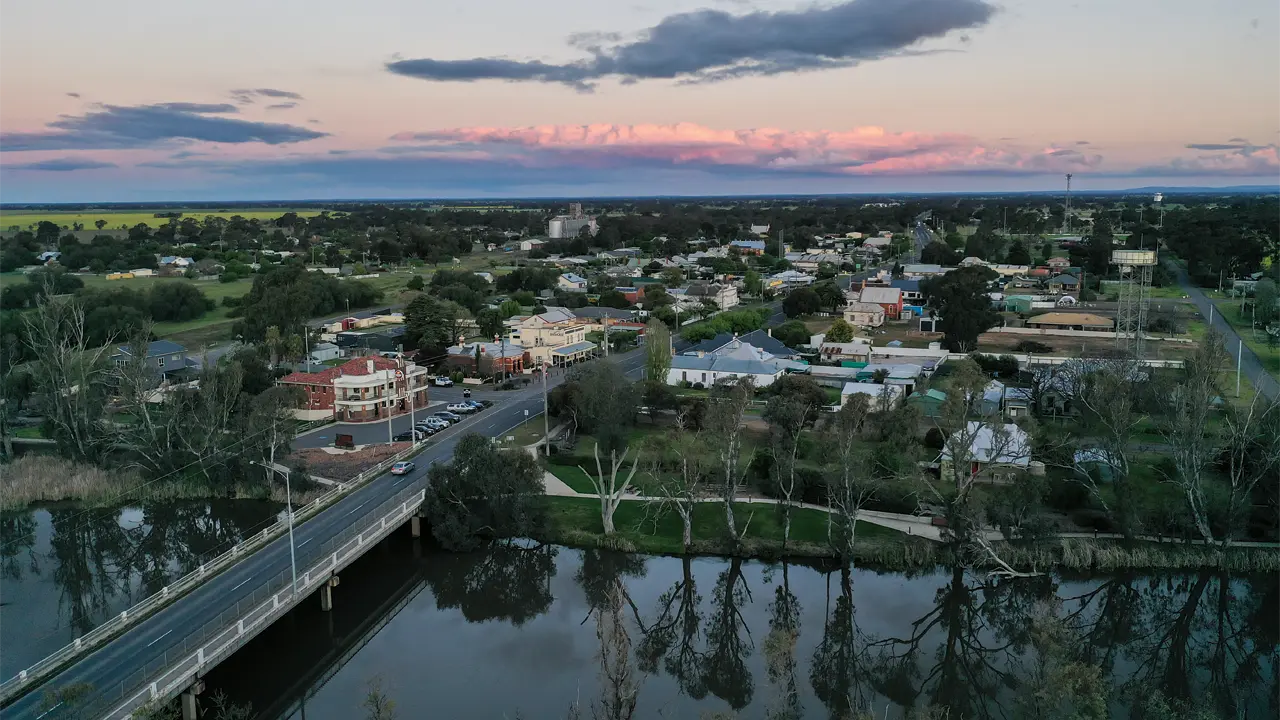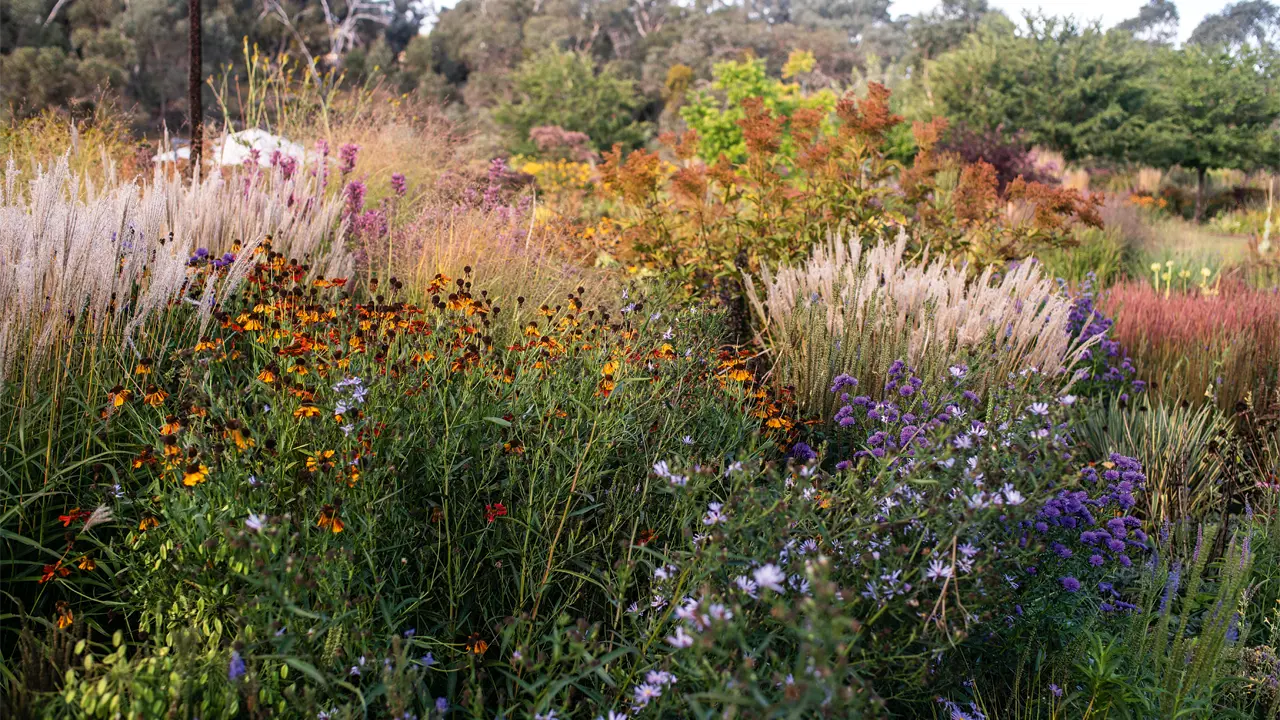Although much is made of the brain drain from rural areas, thousands of people are returning to their bush roots, bringing back a wealth of skills, experience and love for country communities.
Story by Ken Eastwood
The outback boomerangers go against many of the current Australian trends. Australians are among the most residentially mobile populations in the world, but we generally migrate out of the bush, not into it.
Statistics aren’t completely clear, and those that exist are based on the last census in 2011, in the thick of the mining boom. But the stats show a couple of things. From 2006–2011, a third of Australia’s regional development areas had a net population migration loss, and 72% of those were in rural areas. Rural areas that were growing were generally those being invaded by ‘tree-changing’ or ‘sea-changing’ retirees, often in the hinterland of capital cities. In the decade of the mining boom, the population in mining areas also increased. But in the heart and soul of regional Australia populations were generally decreasing. Young people, in particular, leave rural areas in droves.
The statistic that isn’t widely reported, however, is that people in their thirties and forties often return to the bush. According to research by the Regional Australia Institute (RAI), 200,000 people moved out of capital cities and into a regional area between 2014 and 2015. In fact, more Australians aged 25–44 are moving out of cities to regional areas than vice versa. Many of these are returners.
Jack Archer, CEO of RAI, says the trend is fantastic. “I think the bush gets a bloody good deal out of it,” he says. “We get very worried about young people leaving rural communities, but it’s impossible to stop them … they want to go to school, university and see the world, but the way I look at it is that they develop a whole lot of experience and capacities that they would have trouble getting in a regional community, and then they bring them back and they bring back their networks and contacts, too.”
Jack says returners particularly bring energy and new perspectives to rural communities. “We should focus more on encouraging people to come back – we should do everything we can to facilitate it,” he says. “My personal and professional experience says there are a lot of people who would like to do this but haven’t. People fear they would be settling for second best, and fear whether they’ll be welcomed into the community. But it’s not a second-best option. It’s a really great option. We’re seeing a good trend here – we see thousands and thousands of people making the decision to return, but I think it has the potential to be twice as big.”
The boomerangers, like the Carters, say they come back to give their kids a rural lifestyle, or to reconnect with family, for affordability reasons, business opportunities or because there’s something deeply ingrained within them that means nowhere else feels right.
This Story is from Issue #108
Outback Magazine: Aug/Sep 2016










